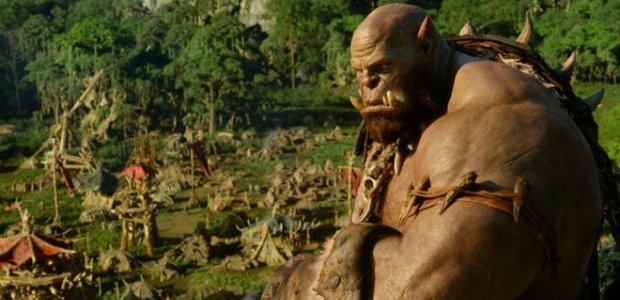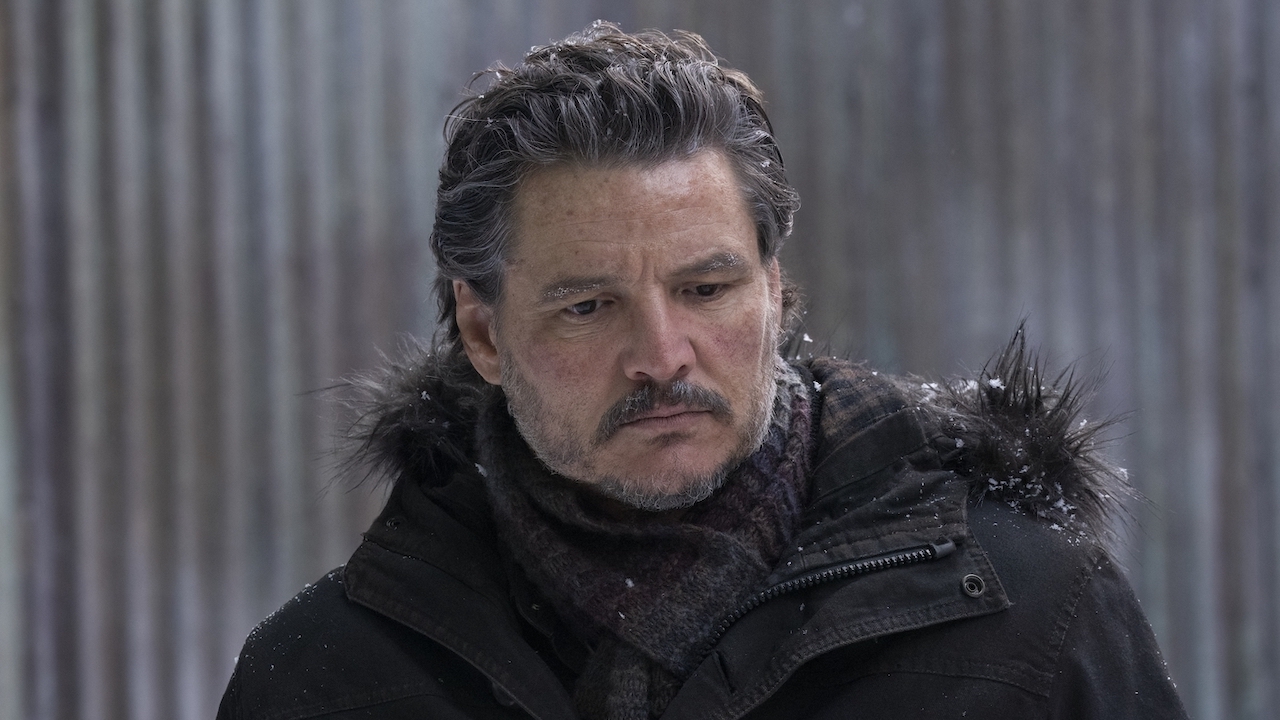Since the debut, success, and culmination of The Sopranos, the American gangster film, the former pillar of the medium, has been stagnant. The weight, scope and unerring detail and quality of David Chase’s seminal HBO series even made The Departed, which finally landed Martin Scorsese an Oscar, seem scant in comparison. The thriving triumph of Game Of Thrones now appears to have done the same to the fantasy genre. I mean, how can we expect Warcraft’s 123-minute running time to compete against the 57 episodes and counting that Game Of Thrones has so far aired?
Well, to start with Warcraft could at least have a coherent plot and mythology, both of which are thrown at its audience with a gibberish vociferation that barely register. At times, especially early on, you’re left considering your mental state as the vast, bustling array of characters fighting for screen time quickly discuss events and history that you’re almost certain you’ve never heard about before with the reverence of a priest discussing the last supper in church.
Warcraft jitters around like a coffee-addled teen that’s been studying all night. At first we’re introduced to Durotan (Toby Kebbell), a noble Orc who is also the Chieftain of his own Clan. Since the Orc home world is dying, they travel through a major portal powered by the lives of innocents to the Stormwind Kingdom, where the evil Gul’dan sets out to kill all humans.
King Llane Wrynn (Dominic Cooper), the ruler of Stormwind, soon gets wind of this invasion, and alongside his leading knight Sir Anduin Lothar (Travis Fimmel), the Guardian of Trisfal, Medivh (Ben Foster), as well as Medivh’s apprentice Khadgar (Ben Schnetzer) they set out to quash this uprising, even though the Horde of Orcs outnumber them greatly. However, they end up getting a helping hand from Garona Halforcen (Paula Patton) an Orc-draenei survivor that believes she’s half-human, as well as other members of the Horde that are questioning their evil leader.
I have to admit, I only really fully got to grips with Warcraft’s zipping, convoluted, and ill-defined narrative and its numerous threads after writing the above. While the film’s resplendent visuals are immediately apparent, all of which marches along to, surprise surprise, Game Of Thrones composer Ramin Djawadi’s tub-thumping battle cry of a score, Warcraft quickly realizes that it has too much plot and too little time. You constantly feel like you’re playing catch-up. Everything is too rushed, too condensed - eagle-eyed viewers will even spot where it has been cut down - and you ultimately feel lost as it seems to circle around the same points without any real forward momentum.
Warcraft also doesn’t help itself by adding a complicated nuance to its characters, which only hinders its set-up. Rather than simply drawing a line in the middle and saying these are the goodies and these are the baddies, each character is given their own issues and complexion. Obviously this kind of character development is always appreciated, but against the whizzing turbulence of Warcraft’s plot it means that, as a viewer, you never get a sure footing and you’re left wailing as it proceeds.
Yet, while at the outset, Warcraft’s sheer amount of characters, their issues, and the film’s brevity, all combine to make it unconscionable, once you become accustomed it starts to pay dividends. In fact, the conclusion fully realizes, heightens, and brings together its characters plights in a well-rounded, truly climatic fashion that makes it resonant and provides a satisfying pay off.
Director Duncan Jones takes to his first mega-budget blockbuster (Source Code only cost $32 million to make, while Warcraft clocks in at a reported $160 million) with the composure, emotion, and flair that we’d all hoped for. Not only does he have an eye for spectacle that rivals Zack Snyder and Michael Bay, but he slyly integrates the special effects, never allowing them to overwhelm or sabotage the heart and relatabality of the film, while using an eclectic, gorgeous and arresting color palette that’s truly vivid.
Through his multi-faceted role (he also co-wrote the script), Jones is able to allow his own personality to shine, which is embodied by the emotional character development of the characters. Even the motion capture used to bring the Orcs to life doesn’t stop their humanity from shining through. At the same time, Jones embraces the weird and disturbing, and the effects used to show the haunting magical draining of life will cause you to wince with horror.
Duncan Jones can’t solve all Warcraft’s problems, though. In fact, he’s partly responsible for its break-neck start and poor juggling of characters that proves so tiresome. But his keen eye and palpable ambition doesn’t only salvage but makes the blockbuster just about worthwhile. So much so that after wading through the mire of its mythology, I’d even be interested in seeing more from the franchise.












